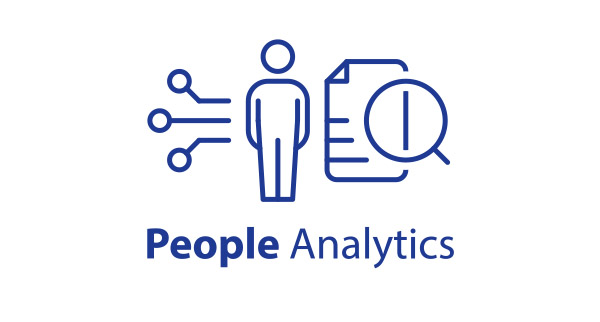-By Vrutika Dawda, Director, IdeateLabs
People management is a critical role to be played by the managers and human resources team of any organisation as it is people who drive a company towards success. Making a database of micro and macro-level information of the workforce is necessary, but it is the first step.
People Analytics also called HR Analytics, analyses this data, providing unique insights for understanding various factors and making the right decisions to increase business performance. It is a strategic approach for attracting talent, enhancing employee performance, and retaining them.
A ‘smart’ version of data management, its strategic assessment tools help increase the efficiency of multiple functions: the hiring process, employee engagement, management training, performance evaluation, opportunities for suitable candidates, etc., allowing smoother and impactful HR activities.
Benefits of people analytics:
Optimise the recruitment process: The employee hiring process is not as easy as it seems to be; using people analytics helps provide insights for examining the best performers and rendering pieces of training to those who need improvement. It facilitates the bifurcation of employee data based on their existing performance or previous work experience. Gaining knowledge of a candidate helps a business in the long run.
Optimise employee engagement: It falls under the managers’ court to look after employee functioning. With people analytics, HR can give maximum attention to employee engagement with various HR activities like conducting employee engagement surveys for building relations and identifying the needs and changes to be made according to the employee feedback.
Better workforce planning: People analytics helps to identify the critical requirement of workforce management. It enables the process by making it easier to align a better business team which helps to know what an organisation needs in terms of skills, roles, and operational requirements.
Promotes employee development: People analytics forms a systemic approach towards employee development levels; it helps predict what will bolster the performance of the workforce at an individual level and overall.
Improving company culture: People analytics assists in mapping the current organisational culture state and lets the managers identify the gaps that need to be filled.
Implementing people analytics can help an organisation add value to its business.


